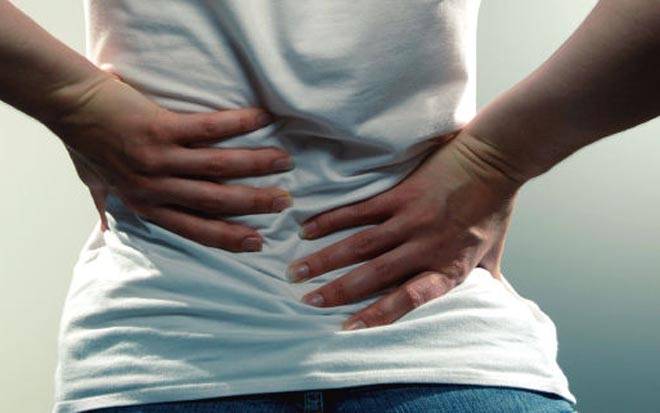Islamabad (Web Desk): More than 80 percent of people with chronic low back pain who received a single, 10-minute pulsed radiofrequency treatment are pain-free after 1 year, a new study reveals.
Researchers say that their CT-guided pulsed radiotherapy technique could help to alleviate chronic low back pain.
The new and minimally invasive treatment was tested on 80 people who had chronic low back pain — that is, low back pain lasting for at least 3 months — due to a herniated disk.
A herniated disk, which is also referred to as a "slipped" or "ruptured" disk, occurs when the disks between the spine's vertebrae protrude, or "herniate." This can pinch the spinal nerves and cause pain, particularly in the lower back.
"The nerve root is a sensitive structure that when pinched becomes inflamed and causes pain," says lead study investigator Dr. Alessandro Napoli, of the Sapienza University of Rome in Italy.
"The body reacts with muscle constriction, which decreases the distance between vertebrae, and a vicious cycle is created."
For 90 percent of people with back pain because of a herniated disk, symptoms will pass within 6 weeks. But for the remaining 10 percent, it is unlikely that current medical treatments alone will alleviate pain. In severe cases, surgery to ease nerve pressure is the best option.
"There's a big gap," says Dr. Napoli, "between conservative treatments for disc compression and herniation and surgical repair, which can lead to infection, bleeding, and a long recovery period."
But he and his colleagues may have discovered an alternative treatment option that is significantly less invasive than surgery.
The researchers recently presented their new results at the Radiological Society of North America annual meeting, held in Chicago, IL.
'Extraordinary results'
The new treatment involves using computed tomography (CT) imaging to help guide a needle to the patient's herniated disk and nerve root. Next, a probe is inserted into the needle. For 10 minutes, the probe delivers pulses of electrical energy to the affected area.
"Following this treatment, inflammation and pain go away," explains Dr. Napoli. "With relaxation of the muscles, the distance between the vertebrae returns."
Over the course of 3 years, the researchers tested the technique on 80 people with chronic low back pain caused by a herniated disk. Patients had been experiencing pain for at least 3 months, and they failed to respond to medication or exercise.
Lower back pain may all be in the mind, study suggests
Researchers suggest that many cases of low back pain may be psychological.
The story is published by 'International News Network'


